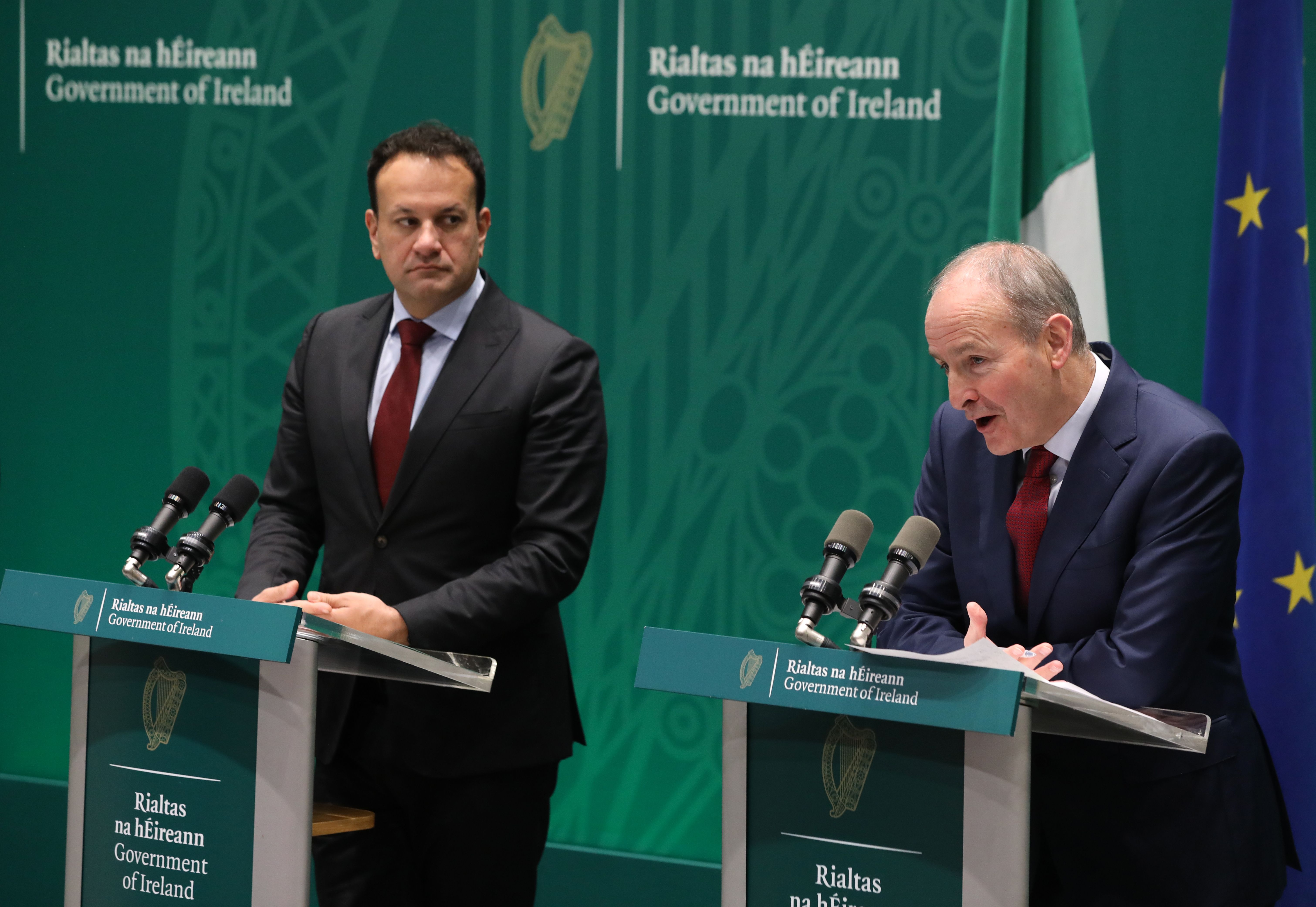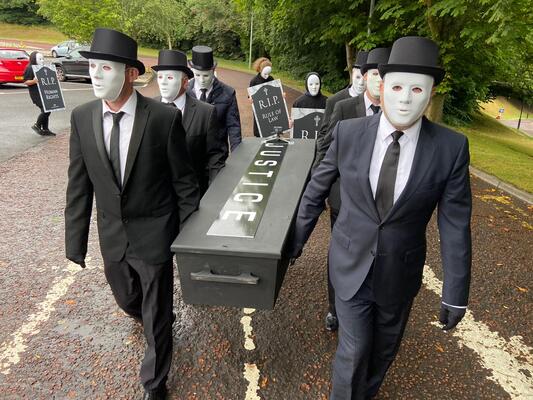ON our island as we debate our shared future it sometimes feels like we are awfully judgemental with each other, before we begin to listen to what we all have to say.
When Micheál Martin spoke about his Shared Island project, the enormous investment in practical infrastructural development and his emphasis on developing understanding and relationships between our shared identities on the island, he was juxataposed as being in conflict with the comments of former Taoiseach Leo Varadkar in Philadelphia when he called Irish unity the “political project of our generation” and made suggestions on how planning should begin earnestly. But reading the text of both men’s thoughts they are not that far from each other at all.
Micheál Martin has not placed reconciliation as a barrier to unity. He hasn’t dismissed planning for a poll. He has said that building relationships is his priority, and doesn’t see a unity referendum happening in the immediate future. That’s not so dissimilar to Varadkar’s speech where he has said unity is not yet achievable, but planning is vital. When coining the phrase “Irish unity should be an objective, not just as aspiration”, any difference is surely a matter of emphasis, with both men interested in building a shared future which is better than our past.
Of course, when we see citizens on this island becoming more disadvantaged every day by partition, it is sometimes hard to be generous when the need to plan around the date for constitutional choice is urgent. Equally, the pace of debating the nuances of public statements and policies can feel glacial, especially if those in the South who benefit from partition might be consciously or unconsciously acting in self-interest. All parties in the South could spend some time facing into the impact of partitionism and how it influences their decision-making and whether that flies in the face of their role in guaranteeing the Good Friday Agreement.
If the parties at their gatherings in late summer/early autumn were to ask themselves some questions on partition – how it has impacted them and continues to impact them – it would be an important moment of self-reflection. If their party is a net beneficiary of partition and they began to articulate that it would likely sit very uncomfortably with most of their members. It might also require a shift in thinking where the question then becomes, is that in contrast to the people of our nation who are net losers? And suddenly the conversation on reconciliation becomes a wider one.
As the ESRI points out in its latest report, the entire island loses as a result of partition. In the North Irish citizens are 10 times more likely to leave school early than those living in the South. Your income in the South is 36% higher than in the North. You will live two years longer in the South. Partition’s question is an urgent one and requires that glacial approach to get a turbo engine.
However, let not any of this detract from the other co-guarantor’s responsibilities. That the British government has not yet outlined the conditions that need to be met to set a date for a border poll is outrageous. It is obfuscation and British malignancy at its height. As partition continues to harm us it is further evidence that, no matter the occupants of Downing Street, they will never have our island’s interests at heart.






